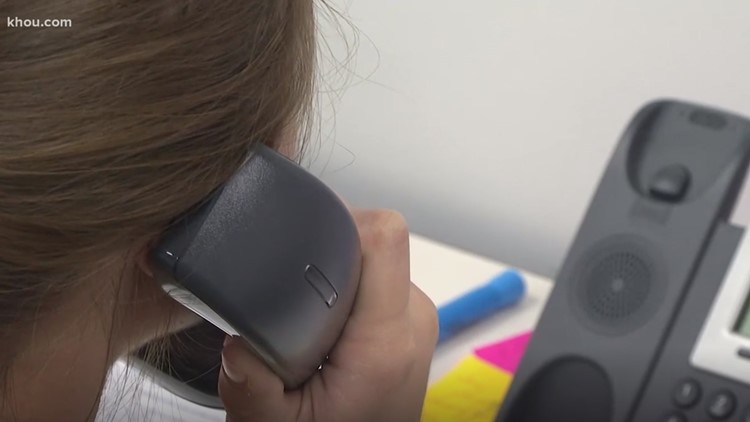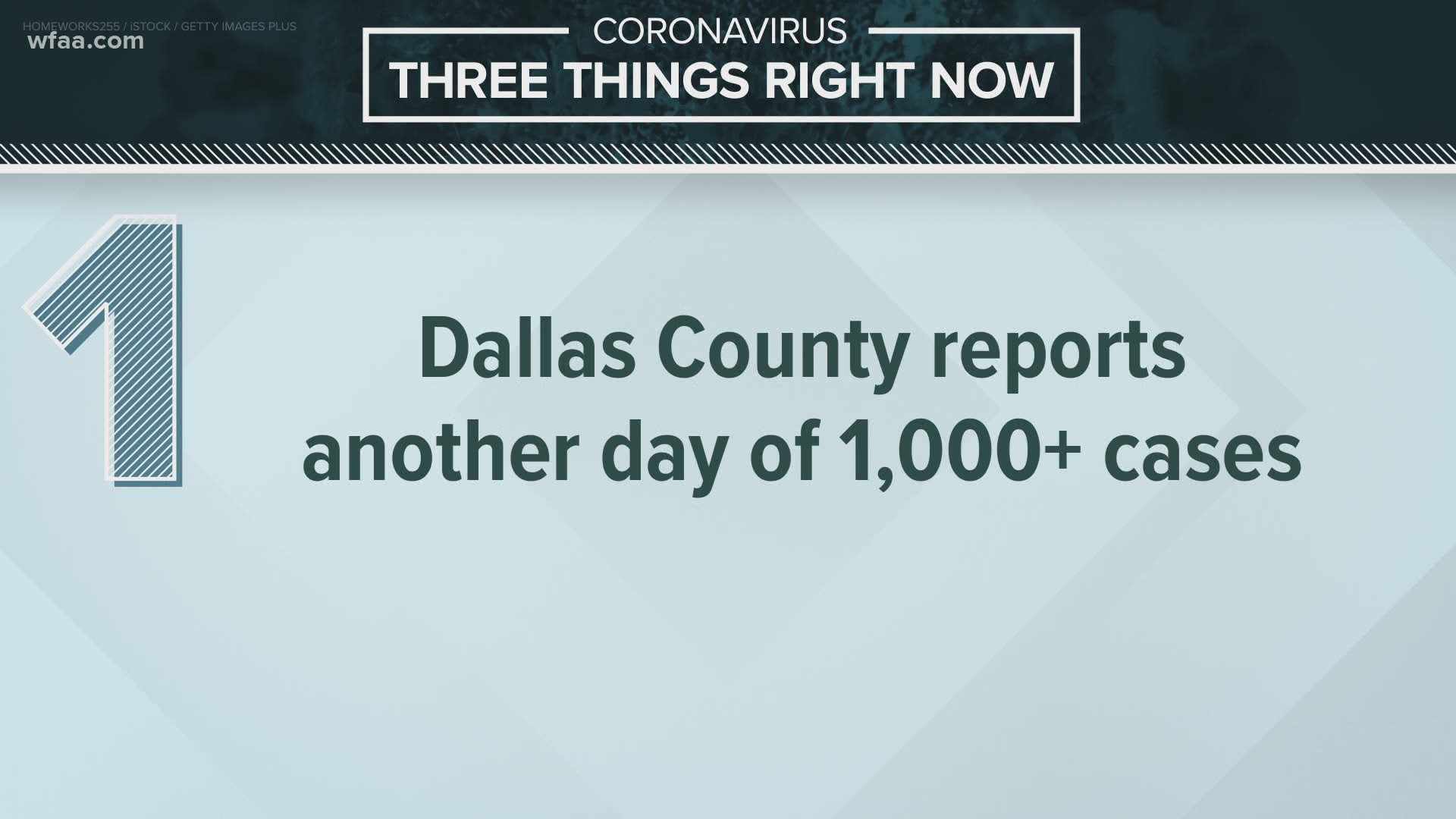On Tuesday, the Tarrant County Commissioners Court approved a program for the health department which would provide more nurses and contact tracers.
The program requested 270 more employees, including nurses and contact tracers, along with additional equipment and funding support to help in the county's fight against COVID-19. The program would help the department to keep up with the 45% week-to-week average increase from the last six weeks.
“We’re very relieved,” said Tarrant County Public Health Director Vinny Taneja.
The request included 105 contact tracers, 151 nurses/epidemiologist specialists, 12 administrative workers and two informatics workers. The program would also require furniture, technology and space. The total program cost was $20,458,910. The federal assistance from the CARES Act would be used toward the cost.
On Tuesday, Tarrant County health officials reported 663 new COVID-19 cases and five deaths. There are 683 people currently hospitalized because of the novel coronavirus, according to the county's COVID-19 dashboard.
The health department's program request documents outlined how many staff would be needed if cases continue to increase.
"If more aggressive community mitigation strategies are not implemented and personal behaviors are not modified then either additional staff will be needed as the number of cases increases," the document said.
Tarrant County Judge Glen Whitely expressed concerns about seeing results from the team.
At the meeting on July 14, Taneja said that students from the University of North Texas Health Science Center volunteered to help the county earlier this year.
Now with the increase in cases, it has been harder to keep up.
"In May, we were at least 500 a week, now we are 3,700 a week," Taneja said. "We have gone exponentially higher and we don’t have that kind of staff available to get the numbers down like you asked."




